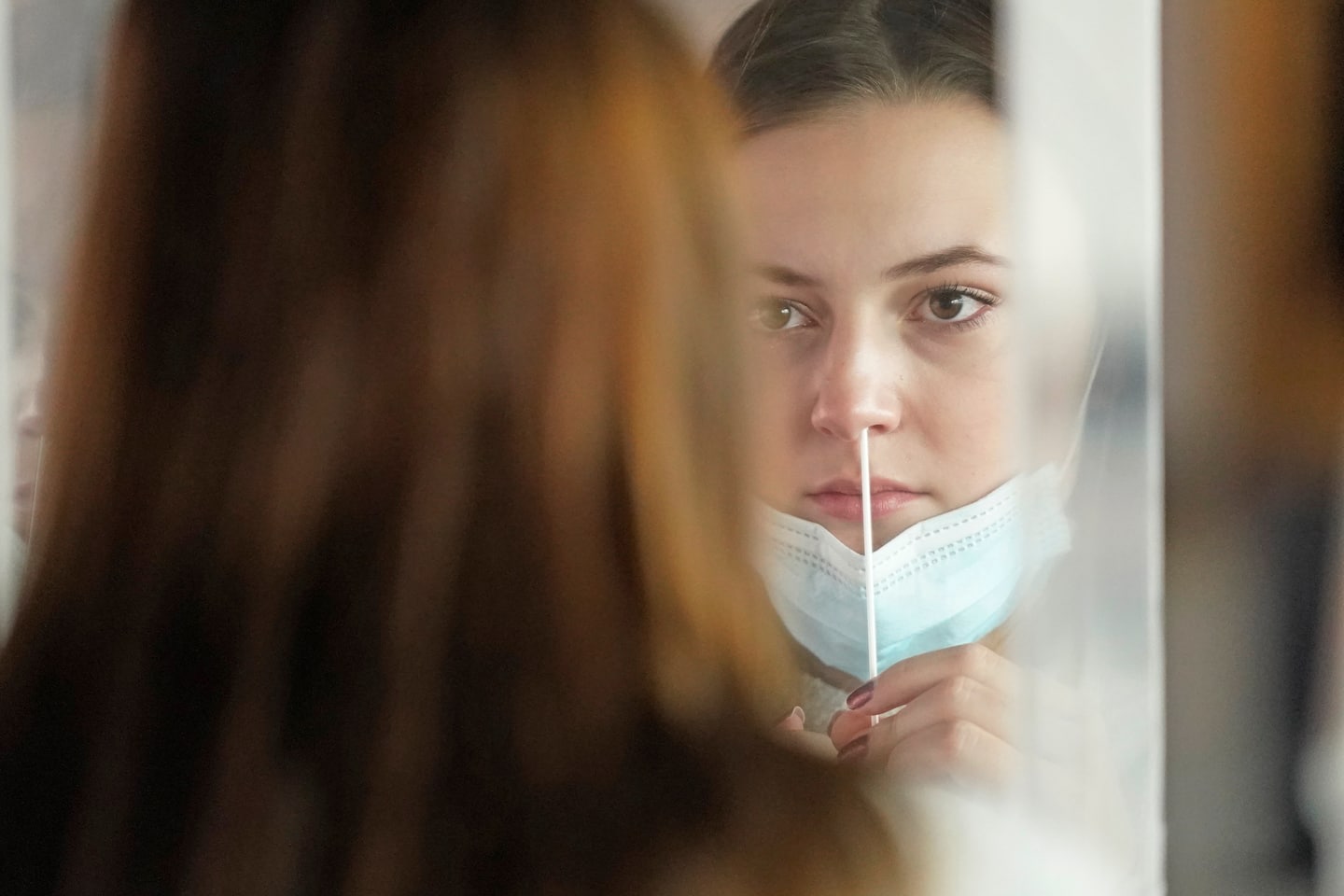In managing covid-19, colleges must tend to students’ minds as much as their bodies

“I feel like I failed,” Sofia told me before I left to bring her home to Miami. I blinked back tears. When I arrived on the Fordham University campus, her stuff — a folded orange duvet, unwieldy storage containers, unopened fairy lights — lay scattered across the sidewalk, symbols of her disappointment and vulnerability.
Sofia’s story is far from unique. And the experience of students such as her should provide a warning to universities: that as much as they are right to focus on mitigating the spread of covid-19, they must also prioritize students’ mental and emotional health.
Sadly, at many schools, it can feel like an afterthought, which makes no sense. Covid-19 is more likely to rattle college-age kids’ minds than their bodies. And the distress may be more difficult to detect. There’s no drive-through swab for depression. Instead, struggles may be hidden away in quiet dorm rooms, as suffering students are unwilling or unable to share their pain on campuses that can feel, by necessity, like minimum-security prisons.
My daughter’s travails showed just how challenging colleges’ approaches to managing covid-19 can be. Simply getting her to campus — navigating school and local testing and quarantining requirements — was grueling. On move-in day, parents raced to unpack and rush farewells because of university-imposed time limits. The customary welcoming smiles from other students were hidden behind ubiquitous masks. A string of dorm rooms sat eerily empty. Sofia’s first activity on campus was another covid-19 test beneath a white tent.
Orientation was a Zoom affair save for three brief, small, socially distanced in-person chats outside with mask-clad students. Just before school started, classes that were supposed to be in-person were switched to online-only. The clubs Sofia was so eager to join to find “her people” were reduced to squares on a laptop. There were no meals in dining halls, no pool games in rec rooms, no impromptu group hangouts in dorms. Though none of this was entirely unexpected, and much of it was necessary, it still proved more difficult than our imagined worst-case scenarios.
This week and in the weeks ahead, college students across the country — many sent home until well after the new year — will weigh whether to return to campus next semester. At the same time, university administrators, considering surging coronavirus numbers nationwide and the arrival of indoor-only weather, are deciding whether to bring students back to campus and, if so, under what restrictions. This limbo is only intensifying the uncertainty and anxiety that have built up over the past few months for students such as Sofia.
In the meantime, schools should act on the lessons of 2020 to ensure that, however they choose to educate their students in 2021, they’ve put the necessary social supports in place. Colleges should prioritize safely holding classes in person. Counseling should be more widely available and promoted more aggressively; schools can also do more to dismantle the stigma around seeking help. Resident assistants have an especially difficult job this academic year, but they can make all the difference. A visit or two from a resident adviser might have helped Sofia feel less lost. Small club or dorm get-togethers early on could have jump-started friendships.
Yet schools do not bear the entire responsibility for students’ success. Bob Howe, Fordham’s assistant vice president for communications, says parents are essential partners in monitoring students’ well-being. Residential life staff won’t “necessarily know what’s normal for a given student,” he says. “Parents do.”
Together, schools and parents share the thankless responsibility of figuring out when to say “no” to having students return to campus. Yes, remote college is suboptimal in many ways — not least because parents understandably don’t like paying full tuition for Zoom classes. And for Sofia — who agreed to share her story in the hope it might raise awareness — coming home has brought its own challenges. Her life feels stalled. I nag her about studying and Zooming in bed. But sending students back to campuses without a full picture of the support system that awaits is worse.
Sofia is determined to return to Fordham less vulnerable, having adjusted her expectations. But as universities and parents weigh important decisions in the weeks ahead, her story is a reminder that we need to look holistically at our own teenagers — and realistically at the downsides of campus life upended by covid-19.
Read more:






